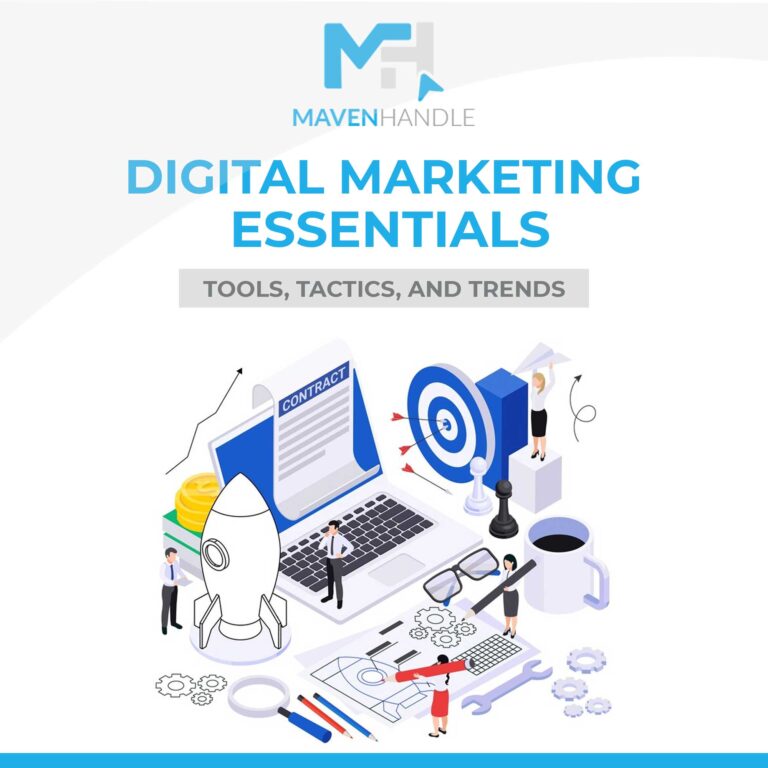To effectively use data analytics to enhance your digital marketing campaigns, consider the following steps:
Define Your Goals: Clearly outline what you aim to achieve with your digital marketing campaigns. Whether it’s increasing website traffic, improving conversions, or boosting brand awareness, define specific, measurable goals.
Collect Relevant Data: Gather data from various sources such as website analytics (e.g., Google Analytics), social media insights, email marketing platforms, and customer relationship management (CRM) systems. Ensure you collect both quantitative (numbers, metrics) and qualitative (customer feedback, sentiments) data.
Identify Key Metrics: Determine which metrics align with your goals. Examples include click-through rates (CTR), conversion rates, bounce rates, cost per acquisition (CPA), customer lifetime value (CLV), and return on investment (ROI).
Use Data Analysis Tools: Utilize data analysis tools and software to process and analyze your data effectively. Tools like Tableau, Google Data Studio, or even Excel can help you visualize and interpret your data.
Segment Your Audience: Use data analytics to segment your audience based on demographics, behaviors, interests, and purchase history. This allows you to create targeted and personalized marketing campaigns that resonate with specific audience segments.
Monitor Campaign Performance: Continuously monitor the performance of your digital marketing campaigns in real-time. Identify trends, patterns, and areas for improvement based on data insights.
Optimize Based on Insights: Use data-driven insights to optimize your campaigns. Adjust your messaging, targeting strategies, ad placements, and budget allocations based on what the data tells you about what’s working and what’s not.
Predictive Analytics: Implement predictive analytics to forecast future trends and customer behavior. This can help you anticipate market changes and proactively adjust your marketing strategies.
Experiment and Iterate: Embrace a culture of experimentation and iteration. Test different hypotheses, A/B test your campaigns, and learn from both successes and failures to continuously improve your digital marketing efforts.
Stay Compliant and Secure: Ensure compliance with data privacy regulations (e.g., GDPR, CCPA) and prioritize data security to protect customer information.
Below is a list of useful links:
By leveraging data analytics effectively, you can gain valuable insights into your audience, optimize your marketing efforts, and ultimately achieve better results for your digital marketing campaigns.



